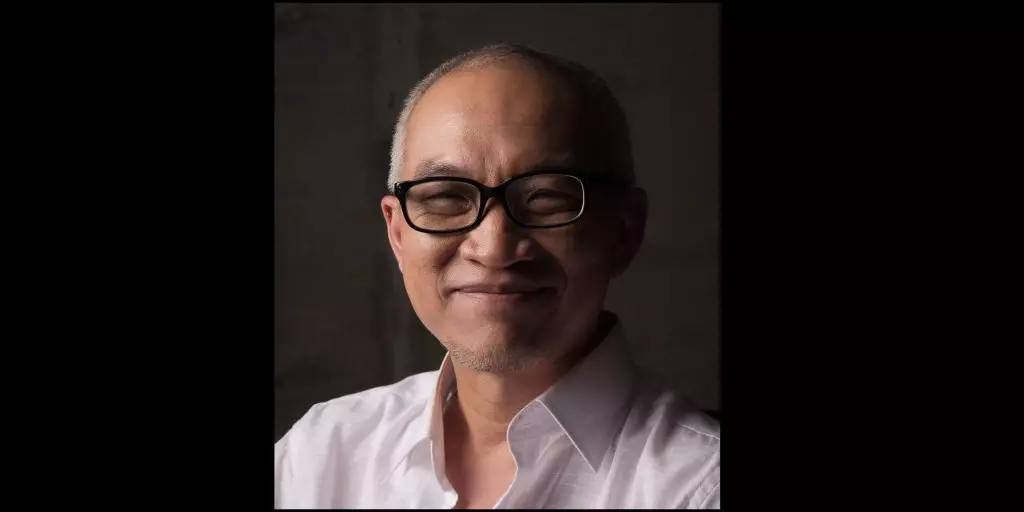The recent passing of John Badalu at the age of just 53 has sent ripples through the film community, particularly in Southeast Asia, where he was recognized as a pivotal figure in promoting inclusivity and representation for LGBTQ+ and minority groups. Born in the vibrant city of Makassar, Sulawesi, Badalu’s life was a narrative rich with diverse experiences that ultimately shaped his contributions to cinema and social change. As a member of various minority demographics, including being ethnically Chinese, Buddhist, and gay, he passionately championed the visibility of marginalized voices within the film industry.
Badalu’s career was marked by an unwavering commitment to storytelling that transcended borders and cultures. He engaged in the tireless work of uplifting queer narratives, not just as a producer but as a programmer and publicist who navigated the intricate landscape of international film festivals. His dedication to the craft and community exemplified an approach that saw art as a medium for activism, transforming cinema into a powerful platform for advocacy.
Film Festivals and Cultural Impact
John Badalu’s influence reverberated across multiple prestigious film festivals, including Cannes, Berlin, and Sundance, where his projects received critical acclaim. His role in producing influential films such as Anucha Boonyawatana’s *Malila: The Farewell Flower*, a poignant exploration of love and reconciliation among former partners, illustrated Badalu’s innate ability to uncover profound human stories. This film captured hearts and accolades alike, winning the Kim Jiseok Award at the Busan International Film Festival and solidifying Badalu’s reputation as a force in Southeast Asian cinema.
Furthermore, his collaboration with various acclaimed filmmakers, including Razka Robby Ertanto and Mouly Surya, facilitated the emergence of cinematic works that challenged societal norms and expectations. Each project reflected a commitment to portraying underrepresented communities, addressing cultural taboos that are often left unspoken. In an industry that sometimes struggles with representation, Badalu forged paths for emerging talents whose stories needed to be told.
A Pioneering Spirit in LGBTQ+ Cinema
A pivotal milestone in John Badalu’s career was the founding of the Q! Film Festival in 2002, Indonesia’s inaugural LGBTQ+ film festival. This groundbreaking event fostered a sense of belonging and visibility for queer filmmakers and audiences in a country where discussions of sexual identity remain heavily stigmatized. By initiating this festival, Badalu not only showcased transformative queer cinema but also created a platform for dialogue and acceptance. The festival grew to include multiple cities, becoming a beacon of hope for those who feel marginalized in society.
Through the Q! Film Festival, Badalu utilized the visibility gained to effect tangible change in Indonesia’s sociopolitical landscape. His efforts were recognized by organizations such as Ashoka, which noted his impactful lobbying for the rights of sexual minorities. By influencing policy circles and engaging with human rights advocacy, Badalu demonstrated how cultural initiatives could catalyze social change, emphasizing the interweaving of art with activism.
Innovative Collaborations and Future Visions
In his later years, Badalu focused on empowering emerging filmmakers, particularly spotlighting new voices through the production of short films. His dedication culminated in projects like Khozy Rizal’s *Basri & Salma in a Never-Ending Comedy*, which made history as Indonesia’s first nominee for the Short Film Palme d’Or at Cannes. This achievement not only underscored Badalu’s visionary spirit but also highlighted the importance of nurturing creativity among newer generations.
John Badalu’s involvement as a programmer for esteemed festivals like Berlinale and Sheffield Doc Fest showcased his commitment to the broader film community. He tirelessly worked to create spaces for nuanced storytelling, further engaging with audiences on a global scale. His most recent endeavors included the Bali Makarya Film Festival, where he aimed to merge local cinema with international perspectives, fostering cultural exchange and appreciation.
As we reflect on the immense contributions of John Badalu, we recognize that his legacy extends beyond the films he produced or the festivals he programmed; it lies in the lasting change he inspired. His journey was not just about creating films; it was about constructing a more inclusive world, one frame at a time. The cinematic landscape of Southeast Asia has undoubtedly been enriched by Badalu’s vision and commitment, and his passing leaves a profound space that will not be easily filled.

